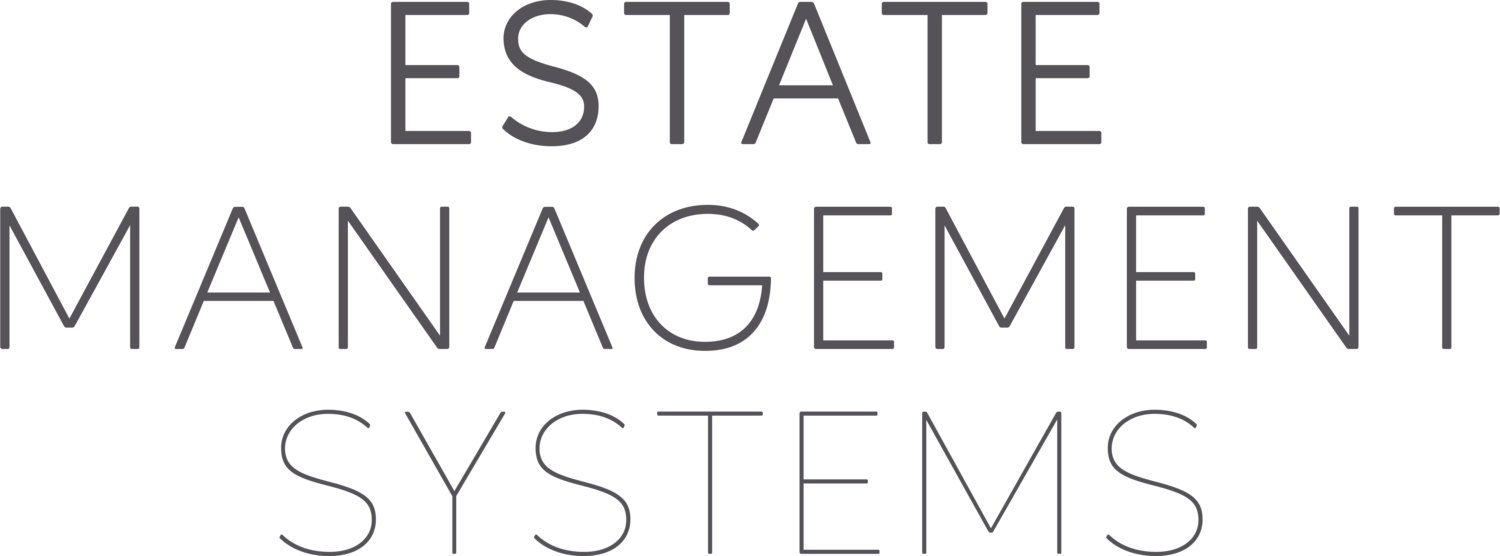Primary Source of Burnout: Vague Job Descriptions
This month, we’re looking closely at the private service industry’s #1 health crisis: BURNOUT. Let’s identify some of these causes and solutions before we get trapped in this downward spiral.
Critical factors to burnout are “Guess-pectations” and ambiguous job roles. So, before you accept your next position, let’s dive deep into one of these culprits… vague job descriptions.
Let’s be honest. Our worst nightmare is the first month of new employment, where we know nothing yet expect to know everything. With job descriptions leaning towards hybrid roles, it seems like everything and the kitchen sink are thrown into our job descriptions as normal expectations.
But here’s the kicker…
It’s in everyone’s best interest to create sustainable, long-term employment.
On the employer's part, this starts with knowing what you want and putting it into a well-defined job description. The candidates must discover, proclaim, and market their unique abilities. And the recruiter must match these two.
You wouldn’t start on a road trip without a destination or navigation on how to get there and where you are staying. You wouldn’t get in the car without packing your bag, forwarding your mail, making a plan for your pets, or grabbing your credit cards. Why would you accept a potentially long-term employment opportunity without knowing all the details and whether it will suit everyone well?
I understand that principals might not want to define their job descriptions, so they aren’t limited to their requests; however, if they step back and analyze what they need, I think they’ll agree that they’d like a trusted and long-term employee working in their home who is happy and well-suited for the role.
To those Chiefs of Staff, Estate Managers, and recruiters out there,
take note and drill down the details of expectations before you advertise your next job opening.
24/7 – Understand the frequency and whether the need will be planned or spontaneous. Can this be shared duty? Can you plan holidays, weekends, and evenings with your friends and family? Can you plan your self-care? Will you be compensated for extra hours? How?
Personal time off – When and for how long can you turn your phone off? Can you leave town? Have you ever called anyone back from personal time off?
Established work hours – Can you turn your phone off between 7 p.m. and 7 a.m.?
Salary and benefits – What are your personal expenses (health insurance, maximum out-of-pocket, dental, retirement benefits)? Get specifics in writing, or they’ll cost you in the end.
Employment reviews – Frequency? What can you expect in terms of raises or bonuses? What milestones must be accomplished before bonuses are paid, or are these entirely discretionary?
Household culture and pace – High energy or slow paced, stealth service or daily face-time, formal or informal service, Mr. and Mrs. Jones or Joe and Clare?
Management Style – Who will you report to? Do they have a clearly defined staff organizational chart? Who approves proposals and expenses? Will you have a pre-set spending limit that won’t need approval? Do they have a household budget, and will you be given autonomy about how it is spent? Can you work remotely, or will you be required to work from home or the office? How often will you communicate with the principal?
Realize there may be pushback when you clarify these details. I edited a job description once in a previous negotiation, and the immediate response was, “Kelly, it sounds like you don’t want this position.” My answer should have been (but wasn’t), “I want to make sure this is a good, long-term fit for both of us.” I signed it without edits. And guess what? It wasn’t a fit.
Remember, setting clear expectations before an employee commits to a new position helps everyone get what they want and helps to keep long-term employees.
If you’d like to know more about burnout, how to identify, heal from it and prevent it, please check out our newly launched program, Private Service Support Team (PSST). This and so much more!
PSST isn’t your wine pairing, formal table setting, and fine linen care group. This program allows private service professionals to turn their passion for service into a successful and sustainable career.

